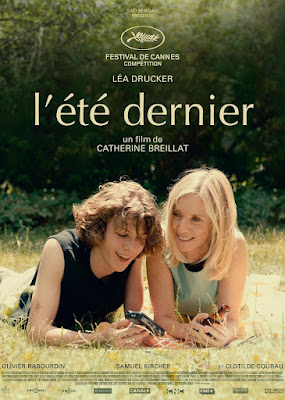Giorgio Bassini’s semi-autobiographical masterpiece The Garden of Finzi-Continis was as much a haunting Holocaust novel as a stirring ode to unrequited love, and through the titular Finzi-Continis – a wealthy, aristocratic and intellectual family who lived a life of cultured seclusion and went to their deaths without any resistance – a lamentation on the passage of a certain way of life. Vittorio De Sica’s adaptation echoed, with a touch at once tender and wistful, the book’s understated tone, melancholy, personal heartbreak, collective loss and doomed atmosphere. The narrative began in 1938, just as Mussolini’s fascist government starts enacting oppressive and restrictive laws against Jewish-Italian citizens, and ended in 1943 when the Jews started getting rounded up and herded to death camps. That fateful stretch was evoked through the Finzi-Continis family – with their huge mansion, refined manners, sprawling gardens, and cloistered existence within large walls – and especially the enigmatic Micòl (Dominique Sanda). They’re portrayed through the eyes of Giorgio (Lino Capolicchio), a studious middle-class guy, who’s hopelessly in love with the strikingly beautiful Micòl and enamoured with the family. When Jews are banned from the local tennis club, the family’s private tennis court is opened to them – though the ones who join include non-Jews too, like the left-wing Malnate (Fabio Testi) – and when the public library becomes off-limit, Giorgio finds refuge in the family’s huge personal library. Things, unfortunately, go further downhill rapidly, as he finds Micòl becoming ever more aloof and beyond reach, and the Jewish community in Ferrara being pushed towards annihilation. Beautifully photographed in soft-focus and washed-out colours, the film – initially supposed to be directed by Valerio Zurlini – became a late-career revival for the once pioneer of Italian neorealism.
Director: Vittorio De Sica
Genre: Drama/War Drama/Romantic Drama/Holocaust Movie
Language: Italian
Country: Italy







































